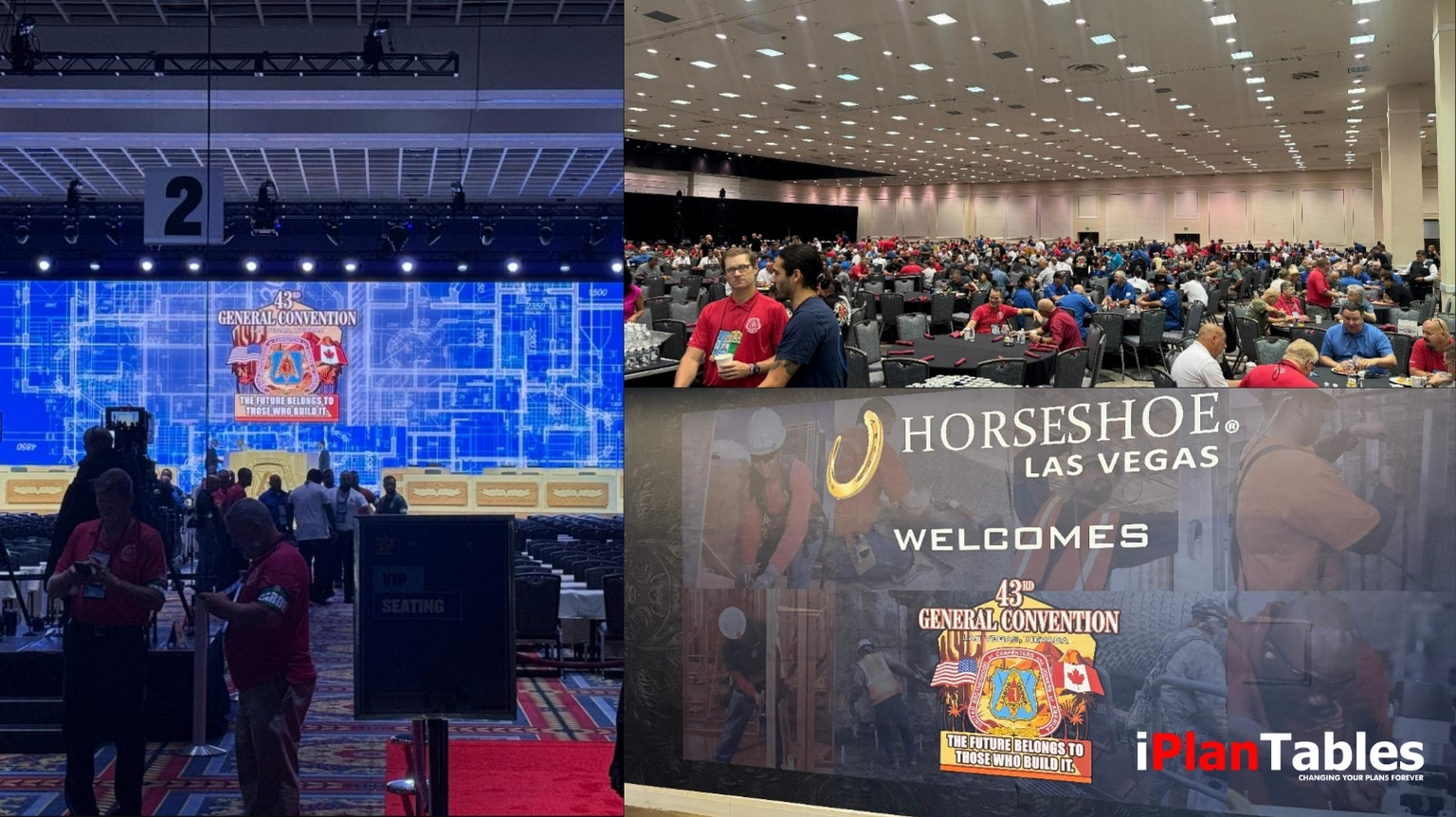
Stacks of rolled-up drawings on site tables, late-night plan revisions scattered across printers, and the constant worry that crews may be building from an outdated set—these headaches define many construction projects. They drain hours, inflate costs, and create mistakes that ripple through schedules. Forward-thinking contractors now look for paperless workflow solutions that eliminate this constant friction.
Paric recently expanded its fleet with three Job Commanders from iPlanTables, showing how digital workstations can replace paper chaos with clear, real-time collaboration. This shift demonstrates not just convenience but a measurable boost in productivity and accuracy.
Paperless Workflow Solutions that Deliver Real Productivity Gains
The construction field has long relied on stacks of printed drawings, updated daily or even hourly, and physically distributed to teams. This paper-driven approach delays communication and often results in crews working from outdated plans. By adopting paperless workflow solutions, project managers gain instant access to current data, minimizing errors and costly rework.
iPlanTables addresses this exact need. Its workstations combine powerful computing hardware with intuitive, large-format touchscreen displays that allow teams to view plans in full detail. There is no squinting at small monitors or juggling multiple screens—just clarity that drives faster decision-making.
Paperless Workflow Solutions with iPlanTables Workstations
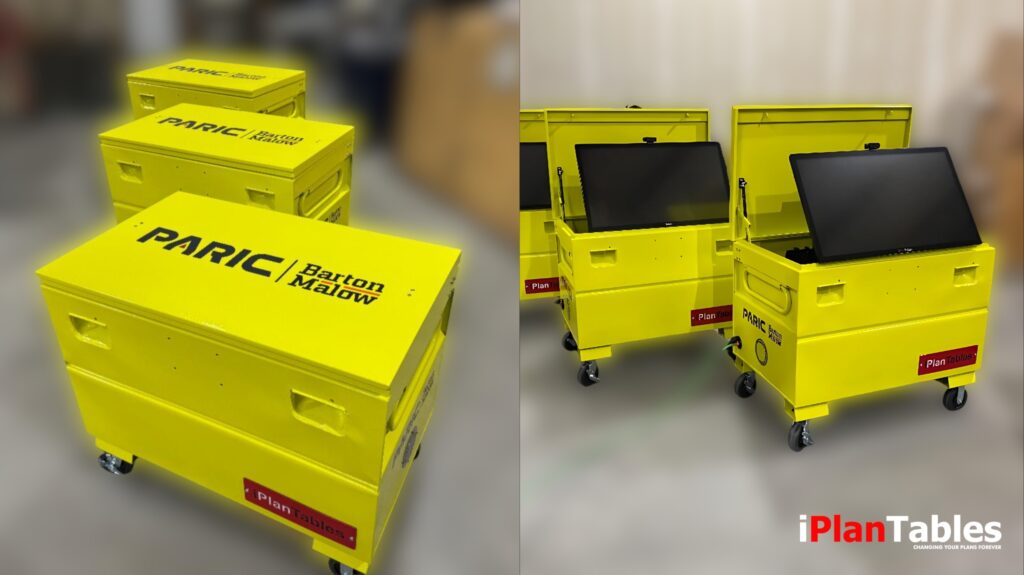
When Paric expanded its fleet with three Job Commanders, the decision reflected a commitment to clarity, precision, and real productivity on the job site. The Job Commander model in particular features a 43-inch 4K display, PCAP touch technology, and support for the Microsoft Active Pen Protocol stylus with exclusive palm rejection. These features ensure that field teams can view drawings at full scale, mark them up instantly, and maintain accuracy even in demanding conditions.
The Job Commander also uses a Small Form Factor i7 Windows 11 Pro PC, which combines compact design with the processing power needed for CAD and BIM work. This configuration keeps the workstation portable while still delivering high performance.
Other iPlanTables models offer different options, such as multiple monitor configurations or tower-based i7 systems for projects that require expanded capacity. By tailoring specifications to each environment, iPlanTables ensures that every team—from small field crews to large conference settings—gets the right balance of power, clarity, and usability.
Far from being just technical specifications, these features directly address long-standing challenges: outdated drawings, poor visibility in bright conditions, and the inefficiencies of paper-based markups. With iPlanTables, these frustrations disappear, replaced by streamlined workflows that keep projects moving forward.
Eliminating Paper Bottlenecks on Job Sites
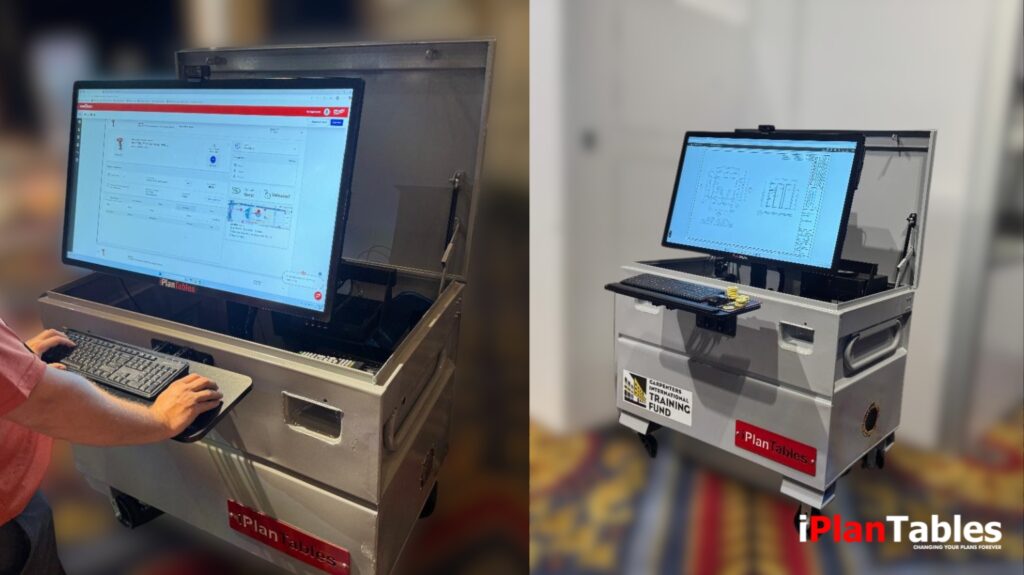
On many job sites, supervisors spend hours distributing updated blueprints, while field staff waste time flipping through oversized sheets, searching for the correct details. Worse, any error introduced by outdated documentation leads directly to wasted materials and missed deadlines.
With iPlanTables, these inefficiencies vanish. For example, a foreman can instantly pull up the latest 4K plans. From there, they can zoom into intricate details and annotate directly with the active stylus. In addition, the workstation’s palm rejection ensures smooth writing, even under rugged conditions. As a result, crews no longer wait for updates. Instead, they access the current design immediately, minimizing downtime and aligning the team’s focus.
A Workstation Built for Clarity and Speed
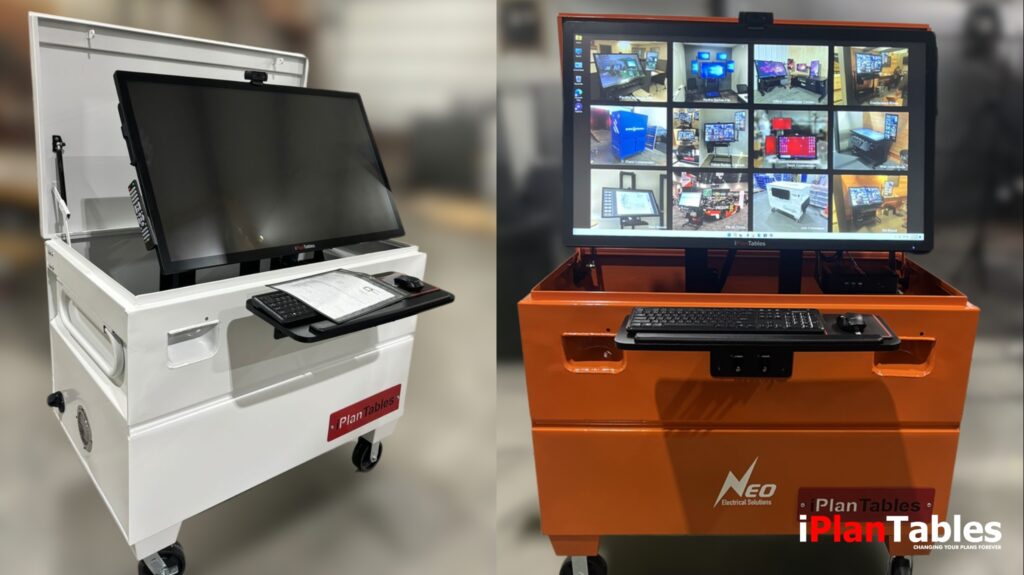
The difference between working on a standard desktop monitor and viewing plans on an iPlanTables large-format 4K display—such as the 43-inch screen on the Job Commander or other size options available across different models—is dramatic.
Small monitors force users to pan, zoom, and toggle between screens, which interrupts concentration and leads to oversight. By contrast, iPlanTables displays entire drawings at once, enabling users to focus on content rather than navigation.
Add to this the workstation’s 700 nits brightness and anti-glare technology, and clarity remains uncompromised, whether in a brightly lit office or a sun-filled job trailer. These design elements are not luxuries; they are productivity tools that directly reduce fatigue and errors.
Scaling to Meet Diverse Project Needs
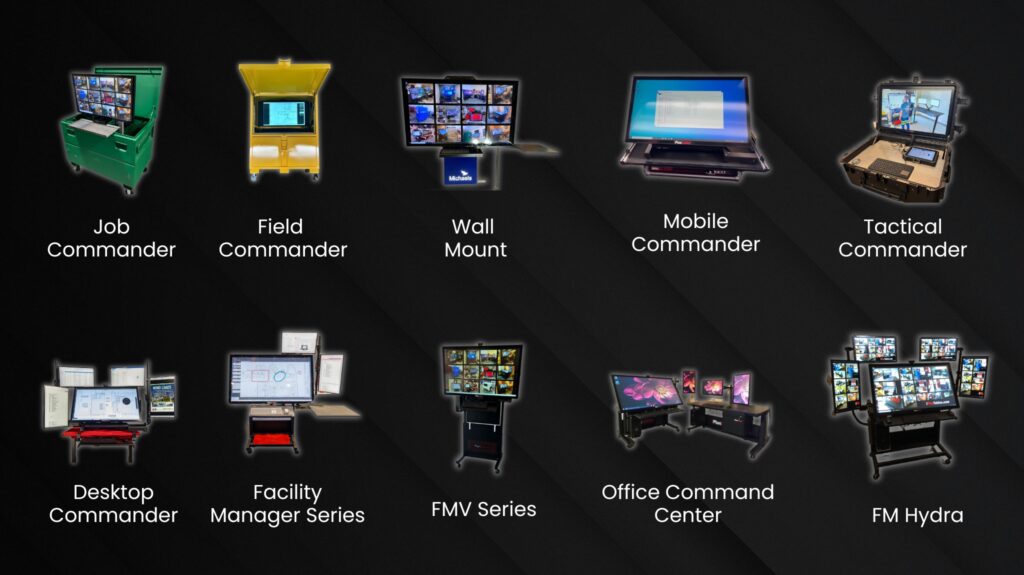
Another standout feature, available on select iPlanTables models, is the flexibility to expand configurations with up to five monitors. This capacity supports teams working with multiple datasets simultaneously, such as BIM models, schedules, and RFIs. By arranging displays side by side, project managers can see relationships between tasks without constantly switching between tabs.
Furthermore, iPlanTables offers ten different models, ensuring there is a workstation tailored for every environment, from compact trailers to expansive conference rooms. The flat-to-conference-room positions allow quick transitions between individual work and group discussions, enhancing collaboration across disciplines.
A New Standard for Paperless Collaboration
Adopting paperless workflow solutions is not just about replacing physical documents with digital files. It is about creating a seamless ecosystem where information flows effortlessly across teams. iPlanTables achieves this through:
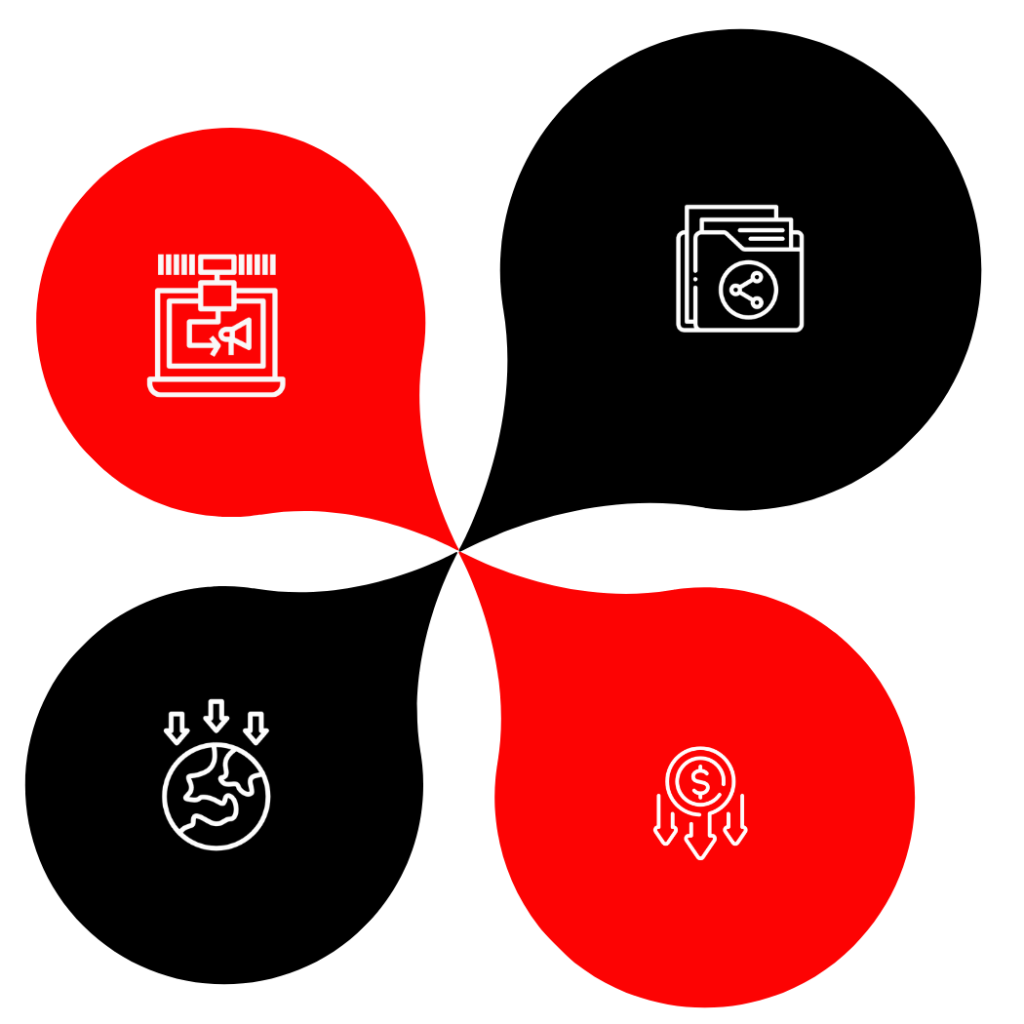
- Direct digital markup using the Microsoft Active Pen Protocol stylus, which mirrors the natural feel of a pen on paper.
- Instant file sharing across job sites, eliminating the delays of couriered drawings or emailed attachments.
- Reduced environmental impact, since teams no longer rely on thousands of printed sheets over a project’s lifecycle.
- Lower costs tied to printing, shipping, and reprinting, allowing budgets to stretch further into value-added activities.
By integrating these features into daily workflows, companies unlock a level of efficiency that directly contributes to the success of their projects.
Addressing the Real Pain Points of Modern Projects
The construction and design sectors face unique challenges that demand advanced tools. Some of the most common pain points include:
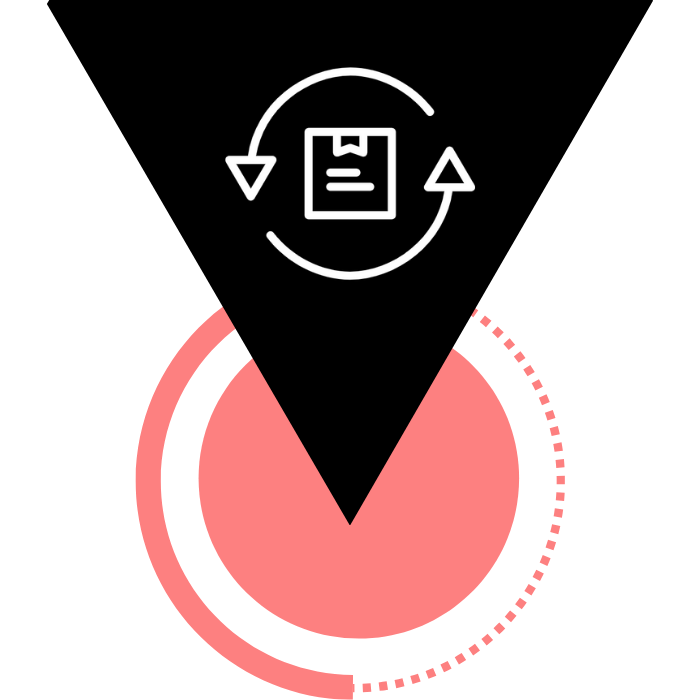
Frequent change orders that require fast updates across multiple teams.
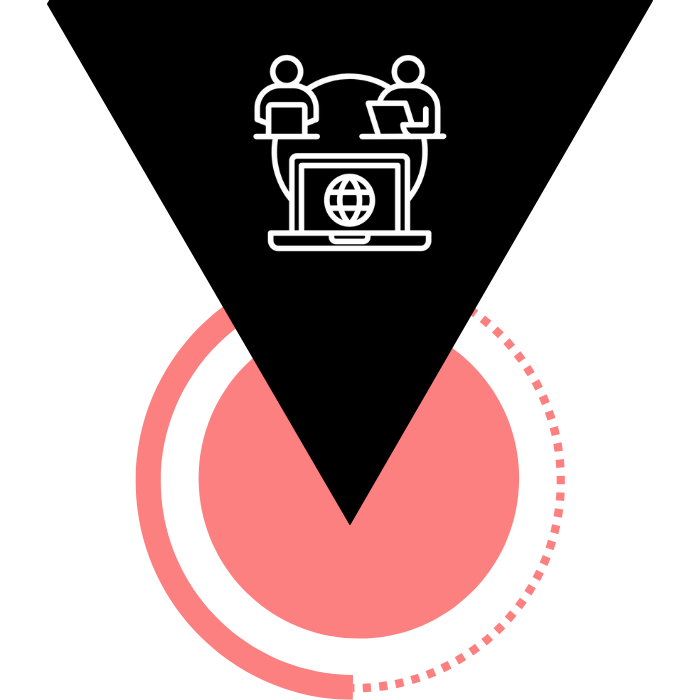
Remote collaboration between office-based designers and field-based crews.
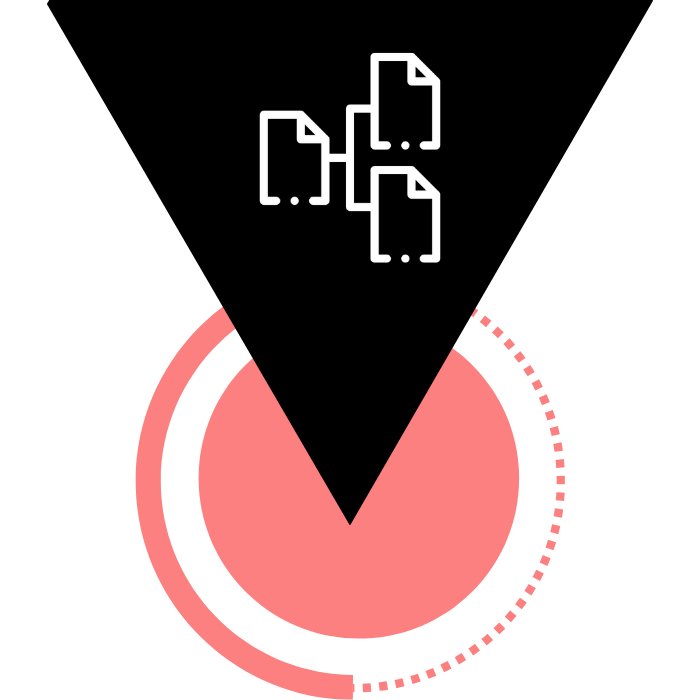
Data fragmentation occurs when critical information lives in multiple disconnected systems.
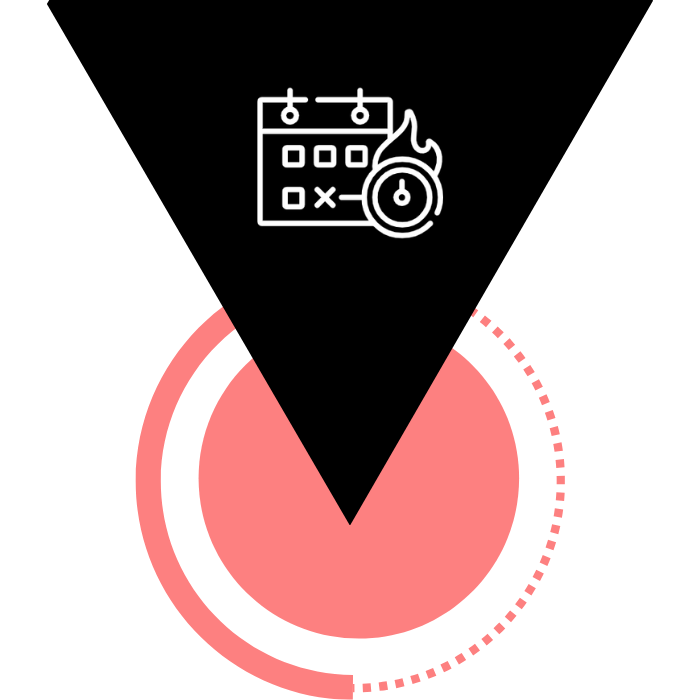
Tight deadlines and escalating costs that leave little room for error.
iPlanTables provides practical answers to each of these problems. Its accessible PC location ensures that upgrades, repairs, and custom configurations can be managed without disrupting ongoing work. Meanwhile, the compact yet powerful i7 Windows 11 Pro system supports CAD and BIM applications with ease, ensuring that even the most complex files render smoothly.
Why Industry Leaders Are Making the Switch
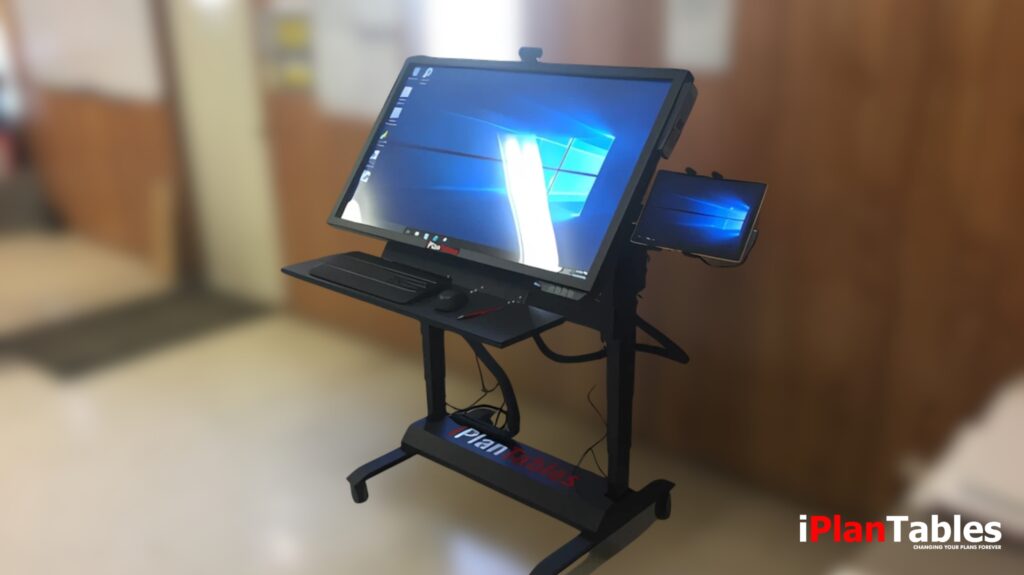
When respected companies like Paric expand their fleets with iPlanTables Job Commanders, it signals a broader industry shift. Leaders are no longer asking whether to digitize workflows; they are asking how fast they can scale adoption. This urgency reflects the reality that competitors using paperless methods deliver projects faster, with fewer errors, and with more transparent communication.
The Future of Project Management Is Paperless
The transition to digital is not a temporary trend. It represents the new standard for efficient, sustainable, and collaborative work. By adopting iPlanTables, organizations embrace a future where large-format clarity, intuitive interaction, and flexible configuration become everyday tools rather than occasional upgrades.
Teams no longer settle for outdated blueprints or fragmented communication. Instead, they access real-time data, share insights instantly, and move projects forward with confidence. This is what makes paperless workflow solutions not only valuable but also essential for modern construction and design management.
Final Thoughts
The construction and design industries are undergoing a profound transformation. In the past, leaders relied on paper-driven processes. Today, however, they see that success depends on faster communication, accurate documentation, and scalable collaboration. To meet these needs, iPlanTables provides a single solution. As a result, it empowers teams to save time, boost productivity, and remove inefficiencies that held them back.
For instance, Paric’s adoption shows that organizations embracing these tools today position themselves to lead tomorrow. Ultimately, with iPlanTables, changing your plans forever is not just a promise—it is a daily reality.
FAQs
What are paperless workflow solutions?
Paperless workflow solutions replace traditional paper-based processes with digital systems. They allow teams to share, annotate, and update documents in real time, eliminating printing delays and reducing errors.
How do paperless workflows reduce errors on job sites?
Paperless workflows ensure that all team members access the same up-to-date drawings and documents. This prevents crews from working on outdated plans, reducing costly mistakes and rework.
What is the ROI of going paperless in construction projects?
Companies often see savings from reduced printing, faster project turnaround, and fewer errors. The return on investment comes from lower costs, improved collaboration, and stronger client confidence.
Which industries benefit most from paperless workflow solutions?
Construction, engineering, architecture, healthcare, legal, and education benefit greatly. Any industry that manages complex documents or frequent revisions can see major productivity gains.
Are paperless workflow solutions secure?
Yes. Most digital solutions include secure access controls, encryption, and cloud backups. This protects sensitive data better than unsecured paper files.
How do iPlanTables workstations support paperless workflows?
iPlanTables offers large-format 4K touchscreens, stylus-based markup, and flexible configurations. These features make collaboration faster, clearer, and more efficient compared to traditional paper-based methods.

